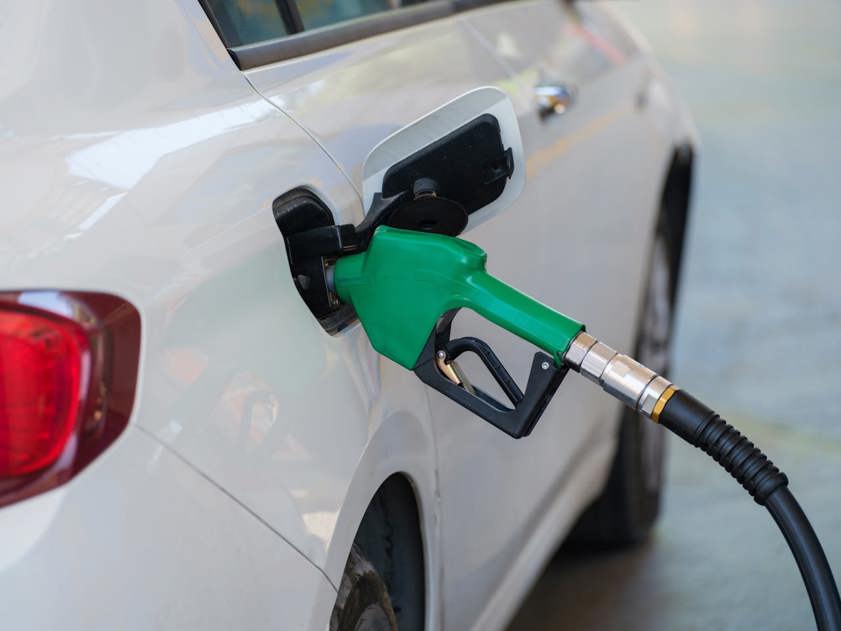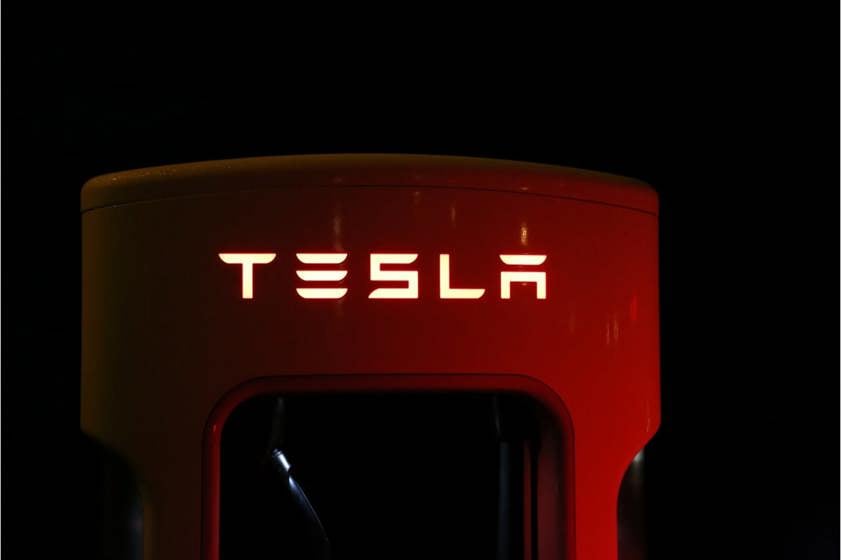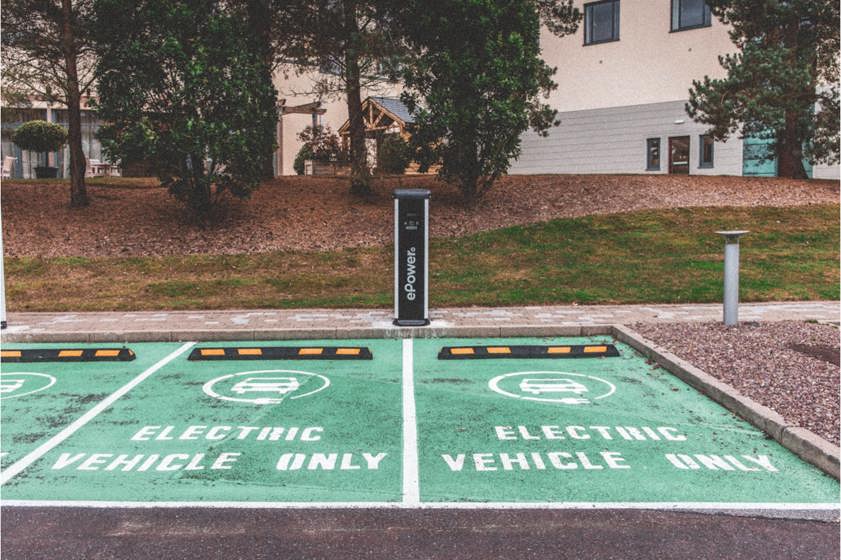
For well over a century, petrol and diesel cars have dominated the roads in the UK. For most of us, any memories we have of being on the road will have been thanks to a combustion engined vehicle.
From the roar of a powerful engine to the iconic petrol smell when filling up, the memories are sure to put a smile on your face. However, as time marches on, is it time to pass on the torch to electric cars?
With the UK government setting ambitious targets to reduce carbon emissions, new petrol and diesel cars will no longer be sold in the UK from 2030. And although there’s some deliberation around whether this will actually happen, it’s worth planning ahead for the future.
In this blog, we’ll break down everything you need to know about the UK’s plans, what happens after 2030, and how to prepare for the future. We discuss:
Back in 2017 under the leadership of Theresa May, in a bold move towards cutting carbon emissions, the UK government announced plans to ban the sale of new petrol and diesel cars.
The initial date was 2040, but this was brought forward during Boris Johnson’s tenure to 2030. After a bit of back-and-forth in recent years, it seems the target of 2030 will remain.
The ban is part of the government’s Road to Zero policy, which aims to make the UK a net-carbon country by 2050! The government also wants to decrease how reliant the UK is on ICE cars, and thus, reduce the effects of climate change.
Also included in the ban will be plug-in hybrid and full-hybrid cars, that despite using some electric power, rely heavily on a petrol or diesel engine. As a result, the sale of new hybrid vehicles will be banned from 2035.
To support this, the government are investing in:
- Expanding the public charging network to make EVs more accessible.
- Grants to help with EV charger installation costs (these are dwindling in 2025).
- The ZEV mandate, which requires manufacturers to sell a certain percentage of zero-emission cars each year.
Many car manufacturers have welcomed the change and are already committing to EVs, such as:
- Jaguar - Jag has promised to be an all-electric brand by 2025. In their ‘Copy Nothing’ announcement, they claimed they’re going to delete the ordinary and go bold!
- Volvo - The Swedish car giant expects 90% of its output to be made up of electric and plug-in hybrids by 2030.
- Ford - Ford aims that by mid-2026 all passenger vehicles in Europe will be zero-emissions capable (all electric or hybrid) and wants to be completely electric by 2030.

It’s not panic stations just yet. Although the ban comes in 2030, it’s just for the sale of new petrol and diesel cars and they will still be allowed on UK roads after this date.
However, things will massively change in the automotive landscape and there will be plenty of repercussions. It’s worth considering a few things:
- You will still be able to buy second-hand petrol/diesel cars as the ban only applies to new cars, so expect the used market to remain strong. Nothing has been said about a total ban of ICE cars, so if you fancy a used car, you should still be okay.
- Nothing will change regarding fuel stations, you’ll still be able to go and fill up as normal. However, I’d expect fuel prices to rise. If fewer people are using petrol and diesel, demand will fall, and could lead to a price rise.
- ULEZ will expand. More and more cities are introducing ULEZ zones, encouraging more drivers to switch to electric. This could mean that a lot of petrol and diesel drivers could face costly daily charges.
- Maintenance may become more expensive. If petrol and diesel cars decrease in numbers and manufacturers switch to EVs, spare parts could become harder to find. This could mean increased maintenance costs.
It’s obvious that for the average driver, the main thing the ban will change is the bottom line. If you opt to keep driving your petrol and diesel car, it’s likely you’ll see an increase in running costs, purely thanks to supply and demand.
If you drive a petrol or diesel car, it’s not rocket science what you need to do. You either keep it, get rid, or switch to electric:
- Keep driving it - The simplest thing to do is keep driving it. If your car is in good condition, there’s no rush to replace it. Just be wary of the things we said above.
- Get rid - As 2030 gets closer, it’s likely that the demand for petrol and diesel cars will fall. If you own your vehicle, selling sooner rather than later could mean getting a better price. You could take your carbon footprint to the next level and get a bike. No? Might be a bit extreme!
- Switch to electric - After 2030 the car market is going to be dominated by EVs. For the leasing industry, you won’t be able to find a deal for a new petrol or hybrid car. It’s worth getting ahead of the trend and getting an EV to get used to how they drive, charging, and maintenance.
If you’re thinking about switching to electric, check out our electric and hybrid leasing deals.

Switching to an electric car has increased in popularity in recent years, and while there have been a couple signs of stagnation, I’d expect it to continue to rise.
We’ll all have to go electric at some point and I suspect a lot of drivers will do this before 2030. Driving an EV isn’t just about being eco–friendly, they offer a range of benefits that make them a brilliant alternative to ICE cars.
- Affordable running costs - Charging an EV is generally cheaper than filling up at a petrol station. Service and maintenance costs are also lower since EVs have fewer moving parts.
- No more ULEZ charges - If you live in a city with an ULEZ charge, I suspect you don’t enjoy them. If you go for an EV, you are fully exempt from the fees, making them an ideal choice for urban drivers.
- Growing charging networks - The UK’s charging infrastructure is ever-expanding. According to Zapmap, the public charging network has grown by 35% since January 2024. Home charging is also becoming more accessible and more advanced, with smart chargers and vehicle-to-grid chargers offering a better all-round experience for drivers.
- Access to the latest tech - New EVs come with longer battery ranges, faster charging time, and state-of-the-art technology.
If you’re unsure about fully committing to an EV, leasing an electric vehicle provides a flexible way to try out electric driving without the hassle of ownership. You get access to the latest models without worrying about depreciation.
While new petrol and diesel vehicles will be banned by 2030, there’s another key date to be aware of - 2035.
This is when the sale of new hybrid vehicles will be banned (such as plug-in hybrids and full hybrids). After 2035, only full-electric vehicles will be available as brand new.
Although hybrid cars bridge the gap between ICE cars and EVs, they still rely heavily on petrol and diesel engines. This is a big no-no in terms of the UK’s net-zero emissions policy, and as a result, we’ll have to say goodbye to new ones from 2035.

There’s no denying that electric cars are the immediate future for the global automotive industry. Governments across the globe are pushing towards decarbonisation, and one of the main ways of doing this is increasing EV usage.
For example, in the UK, the number of electric cars on the road has increased three-fold since 2021. In 2024, 19% of all new car registrations were electric, a dramatic jump from just 11% in 2021 (Zapmap).
However, will electric cars be the permanent future? Well, although I unfortunately can’t time travel, I believe that EVs are here to stay.
Governments are committing to EVs like never before and as a result, the infrastructure is only going to improve. Also, as technology and manufacturing improves, it’s hoped that EV prices will decrease, which is currently the major factor stopping a lot of drivers switching to electric.
Looking for more information on electric and hybrid cars? Check out our comprehensive electric and hybrid guides, covering all you need to know from charging to EVs with the longest range.
We are also one of the UK’s largest car leasing brokers, offering a range of electric and hybrid deals to suit your every need. For more information, drop us a call on 0345 811 9595.
Originally posted: 13th February 2025

